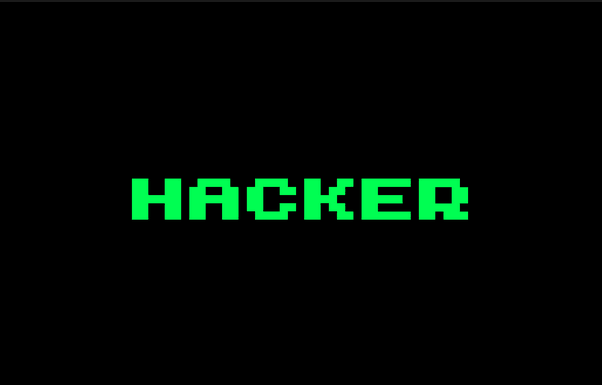
I can’t write code to save my life, so taking apart an iPhone is out of the question. My academic experience consisted of “keyboarding” class in high school, and everything after that was scrambling to build businesses and websites from scratch.
Unfortunately, in the USA and in India, the prevalence of coding and other unquestionably useful tech skills is still rather stale in the academic environment. I wouldn’t “blame” academia per say – the days of the textbook might not be around forever, but they’re still here now, and updating every textbook for every iPhone update or Twitter API change is probably unreasonable (for the sake of trees, if nothing else).
Shruti Malik is aiming to change that. She founded Iris Learnings with the goal of bringing practical technology skills to students (from around middle school to college age). In addition to robotics, basic ins-and-outs of a PC, and 3-D animation, she runs workshops on the fundamentals of web security and “Ethical Hacking.”
She explains that with the increasing prevalence of email, online banking, social networks, and internet application use, there’s a potential for information to be up for grabs. Her belief in the solution of “ethical hacking” is so strong that she teaches classes and workshops throughout India teaching young students “the ropes” of hacking.
As a martial artist myself, the analogy that immediately came to mind was self defense. There are skills you need to learn that could harm someone else, but by mastering them yourself, you can gain a level of calm and functional ability to handle yourself in real danger. Today, that “real danger” is often lurking online: “You have to know how to hack or think like a hacker to test your systems and find chinks in the armor.” A little searching on Google and you’ll find out that “Ethical Hacking” is picking up steam. India’s own Ankit Fadia is giving presentations about it on the BBC, and training companies are even qualifying people to become a Certified Ethical Hacker.
It begs the question of whether or not it would behoove us to teach our youngsters the modes and methods of hacking. Could the skills be applied in malice? Potentially, but so could Taekwondo. There isn’t much resistance to teaching self defense after school, and it will be interesting to see if ethical hacking raises any new red flags in academia.
As of now, however, Shruti’s courses are after school, or in addition to school – not parts of the main curriculum, but she sees that changing. She mentioned some changes underway now in Indian’s Central Board of Secondary Education: “I read that the CBSE is planning on starting a robotics course as part of the curriculum.” She sees the next 5 to 10 years as being a time of major change in education, truly incorporating the fields of practical technical knowledge that she sees as valuable – particularly robotics.
Does this mean a potential end to smaller companies like Shruti’s Iris Learnings? No, she sees the entrepreneurial field of “Tech Ed” as still being wide open – and she believes that established institutions will need smaller, nimbler, specialized and up-to-date teams like hers to still be in great demand in the coming years.







